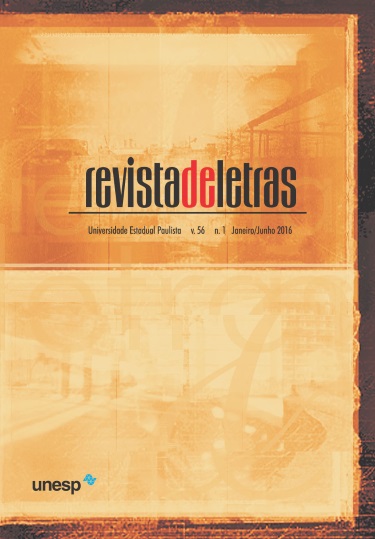Mythologization of the concept of femininity in the russian philosophy and culture of the silver age
Keywords:
Myth, The concept of femininity, Eternal feminine, Myth creation, The Silver Age of Russian culture,Abstract
This paper deals with different aspects of the mythological concept of femininity in the Russian philosophy and culture in the end of XIX and XX centuries. Special attention is paid to clarification of the culture-forming significance of mythological, ideal femininity in Russian culture. The author considers the peculiarities of femininity nature expression in the Russian culture and philosophy of the Silver age. The analysis revealed that Russian thinkers managed to unite, in the concept of femininity, the philosophical, religious and esthetic notions concerning the female principle as an ideal image that requires adoration and has the ability to inspire creation. The paper describes the basic mechanisms of myth, the process of creation and realization of a mythological image of femininity in the culture of the Silver age. It was established that romantic interpretation of myth played a pivotal role for the representatives of Russian culture of the early XX century. It is noted that mythologization of the concept of femininity allowed Russian thinkers to combine vivid particular content and the sublime elitism of an absolutely abstract form. It is shown that the representatives of Russian philosophy and culture used the syncretic image of “the Eternal Femininity” as a cornerstone of myth formation, simultaneously establishing its new conceptual limits and defining it as an ideal of the epoch. The specific feature of the Russian cultural tradition is developing the phenomenon of femininity in the process of creation through correlation of masculine and feminine principles based on the ideal androgynous nature. It is concluded that the development of the concept of femininity depends on the process of formation of new cultural values.
Downloads
Published
Issue
Section
License
Os manuscritos aceitos e publicados são de propriedade da Revista de Letras. Os originais deverão ser acompanhados de documentos de transferência de direitos autorais contendo assinatura dos autores.
É vedada a submissão integral ou parcial do manuscrito a qualquer outro periódico.
A responsabilidade do conteúdo dos artigos é exclusiva dos autores.
É vedada a tradução para outro idioma sem a autorização escrita do Editor ouvida a Comissão Editorial.

